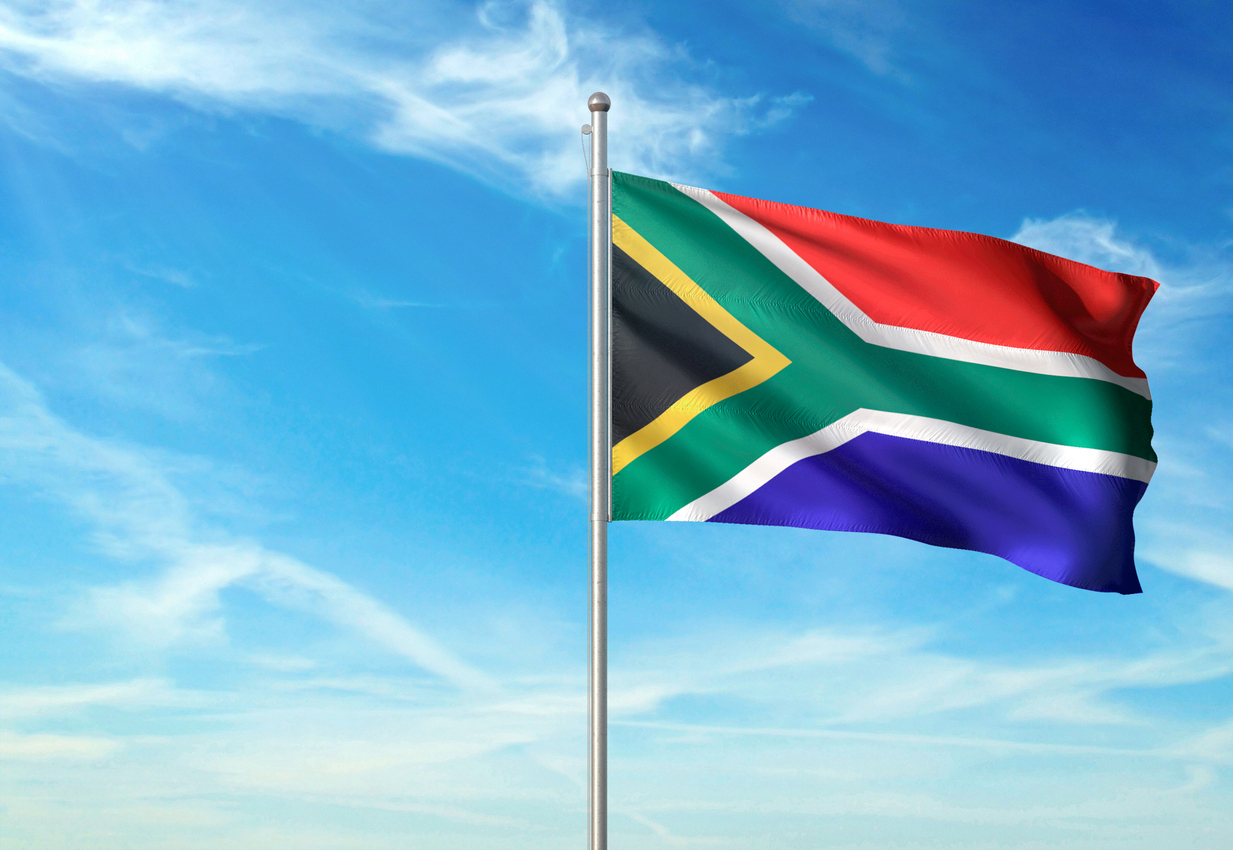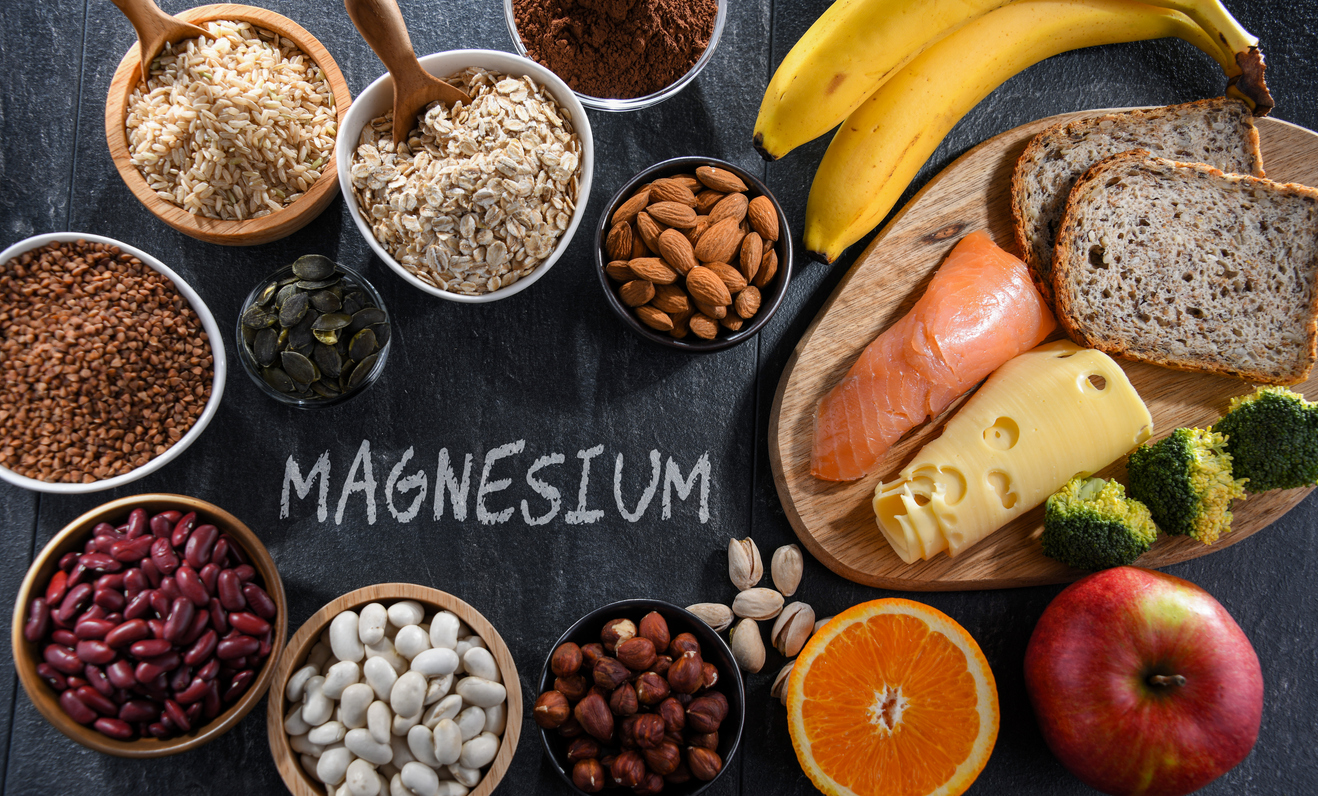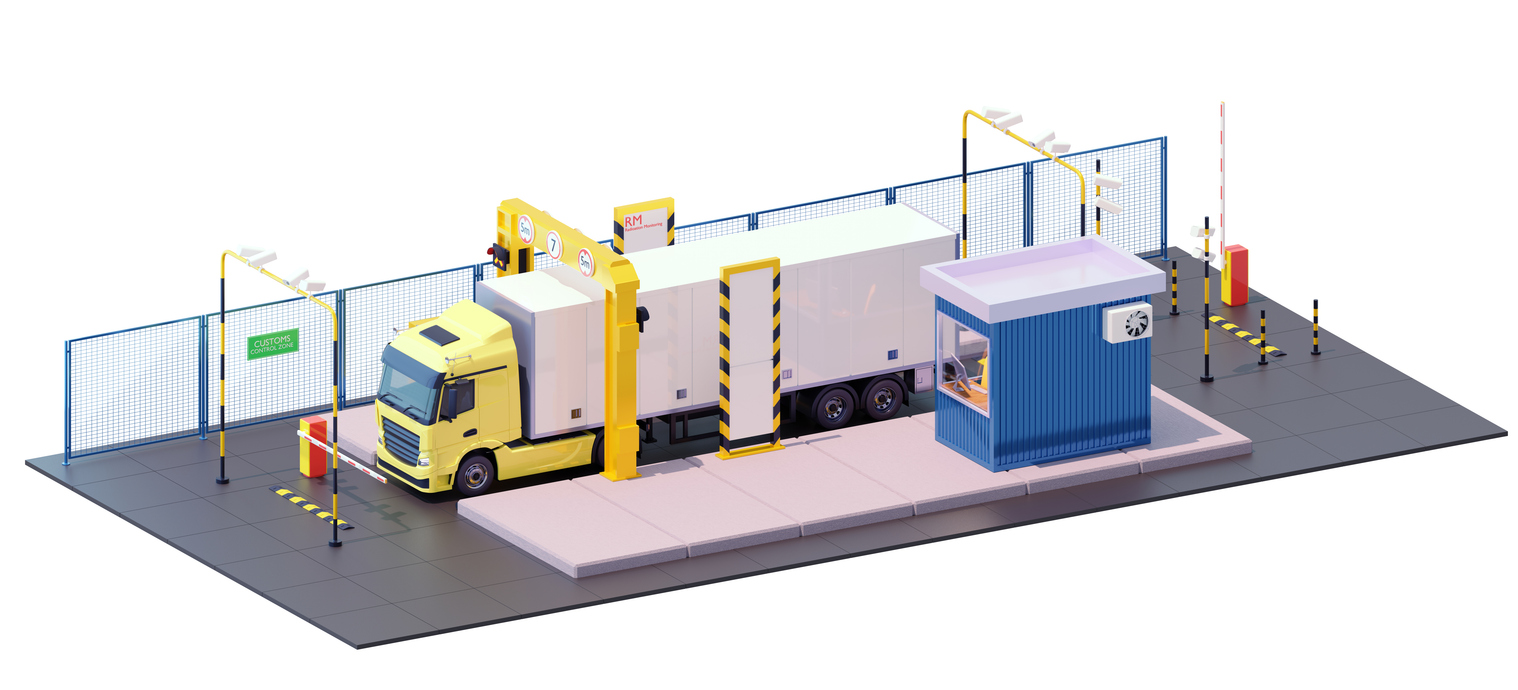Shipping Goods from Zambia to South Africa: A Guide for the Uninitiated
Shipping Goods from Zambia to South Africa: A Guide for the Uninitiated
Shipping goods from Zambia to South Africa can be a daunting task for any business owner. There are many factors that must be taken into account when shipping goods between two countries, particularly if you’ve never done it before. The economic and political climate of both countries plays an important role in determining the type of documentation required during shipping and the procedures involved. There are different regulations regarding what kind of goods can be shipped from Zambia to South Africa, how they are taxed, and how much red tape needs to be cut in order for your shipment to cross borders smoothly. Additionally, there are specific safety precautions that will need to be addressed depending on what kind of products you’re shipping from Zambia to South Africa.
What to Know Before Shipping Goods from Zambia to SA
Before you can decide what kind of documentation is necessary for your Zambia-to-South-Africa shipment, you must first understand the terms used when shipping goods between two countries. Here are some important terms to know: – Export – The process of shipping goods from Zambia to South Africa. – Import – The process of shipping goods from South Africa to Zambia. – Customs – A government agency responsible for regulating the flow of goods between countries. – Documentation – A set of documents that are required by customs and/or government agencies to ensure that the shipment complies with all laws and regulations. – Tariff – A tax imposed by the government on imported goods. – Duty – A tariff that is levied on imported goods to ensure that they are not being imported at a lower cost than they are sold domestically.
What You Can Import from Zambia to SA
There are a number of products that can be imported to South Africa from Zambia without any sort of restriction. If you are importing these products, you will not need a special permit or any additional documentation. – Foodstuffs – Bagged or canned fruits or vegetables, certain spices, and certain types of grain are examples of foodstuffs that are allowed to be freely imported from Zambia to South Africa. However, certain food products will be subject to phytosanitary certification. – Bagged or canned tobacco – Tobacco products, including cigarettes, are permitted to be imported from Zambia to South Africa without a permit. However, cigarettes must be stamped with the South African Revenue Services (SARS) excise stamp. – Animal or plant products – Animal products and certain types of plants are allowed to be imported to South Africa from Zambia without any restriction. – Textiles – Imported textiles are subject to a 6% tariff, but some types of fabrics, such as felt fabrics and velvet fabrics, and cotton fabrics that are printed or dyed will be subject to a zero-rate tariff.
Where to Find the Right Shipping Company
When you’re shipping goods from Zambia to South Africa, it’s always best to find a company that has experience with the trade. You’re not only looking for a company that can help you navigate the complicated paperwork, but also one that can provide valuable insight into the industry as a whole. Here are some questions you should ask when searching for the right shipping company for your Zambia-to-South-Africa shipment: – What kind of services do you provide? – What is your experience in the industry? – How do you handle the import and export processes? – Are you registered with the Zambia Revenue Authority (ZRA) or the South African Revenue Service (SARS)?
Customs Clearance in SA for Imported Goods
When clearing your Zambia-to-South-Africa shipment, you will first need to obtain a South African customs declaration. This declaration may be in the form of a Single Administrative Document (SAW) in the case of a less-than-container-load (LCL) shipment, or a Joint Administrative Document (JAD) in the case of a full container-load (FCL) shipment. Once you have obtained your declaration, you will need to provide a list of all the items being imported through the customs broker in Zambia. This list will be used to determine the correct tariff that needs to be paid on the imported goods. Your broker will then provide the customs officer with the relevant documentation. After the goods are cleared by customs, they will be sent to the South African port of entry. You will need to provide the customs officer with a final release document and a South African Revenue Service (SARS) or a Zambia Revenue Authority (ZRA) form.
Conclusion
Shipping goods from Zambia to South Africa can be a difficult process, particularly for new importers who are unfamiliar with the many rules and regulations governing the industry. Before you can begin importing goods, you’ll first need to obtain an importer’s number and/or a goods declaration number and be sure to hire a customs broker. It’s important to do your research before hiring a customs broker or engaging in any commercial trade with South Africa. It’s also a good idea to hire a logistics company to handle the shipping portion of the process.







LEAVE A COMMENT
You must be logged in to post a comment.